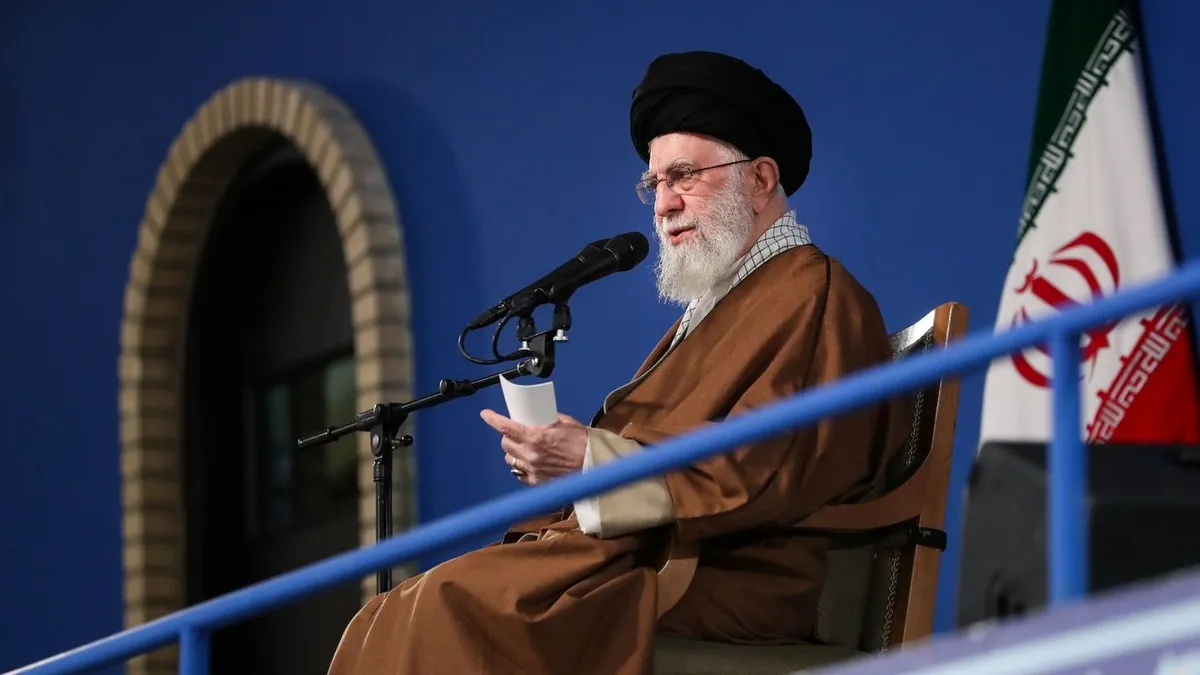
The latest developments in the ongoing Iran nuclear talks indicate that discussions are set to resume this Saturday in Rome. This follows a series of productive meetings aimed at addressing critical issues surrounding Iran's nuclear program. As global attention focuses on these negotiations, stakeholders are hopeful for a breakthrough that could reshape diplomatic relations in the region.
In a recent update, it has been reported that the Trump team has engaged in what they describe as "constructive" face-to-face talks with Iranian representatives. These meetings underline a renewed commitment to diplomacy as both sides seek to navigate the complexities of Iran's nuclear ambitions. The discussions are scheduled to continue next weekend, with both parties optimistic about finding common ground.
Adding to the momentum, the United States and Iran have also held positive talks in Oman. These discussions have yielded an agreement to resume negotiations next week, further emphasizing the importance of ongoing dialogue. The engagement in Oman is seen as a crucial step towards de-escalating tensions and fostering a more collaborative approach to nuclear discussions.
As we look at the start of negotiations between Iran and the U.S., it is essential to grasp the broader context. The Trump administration's approach has shifted the dynamics of these talks, focusing on direct engagement rather than isolation. The stakes are high, and both sides are aware of the potential benefits and pitfalls that lie ahead.
While progress has been made, experts caution that many challenges remain. The U.S. nuclear talks with Iran are moving forward, but numerous obstacles could hinder a successful agreement. Key issues such as sanctions relief, nuclear enrichment levels, and regional security concerns need to be addressed comprehensively to ensure a sustainable resolution.
In conclusion, the ongoing Iran nuclear talks represent a critical juncture in international diplomacy. As negotiations continue in Rome and other locations, the hope remains that both sides can reach a consensus that not only curtails Iran's nuclear capabilities but also paves the way for a more stable and peaceful Middle East.